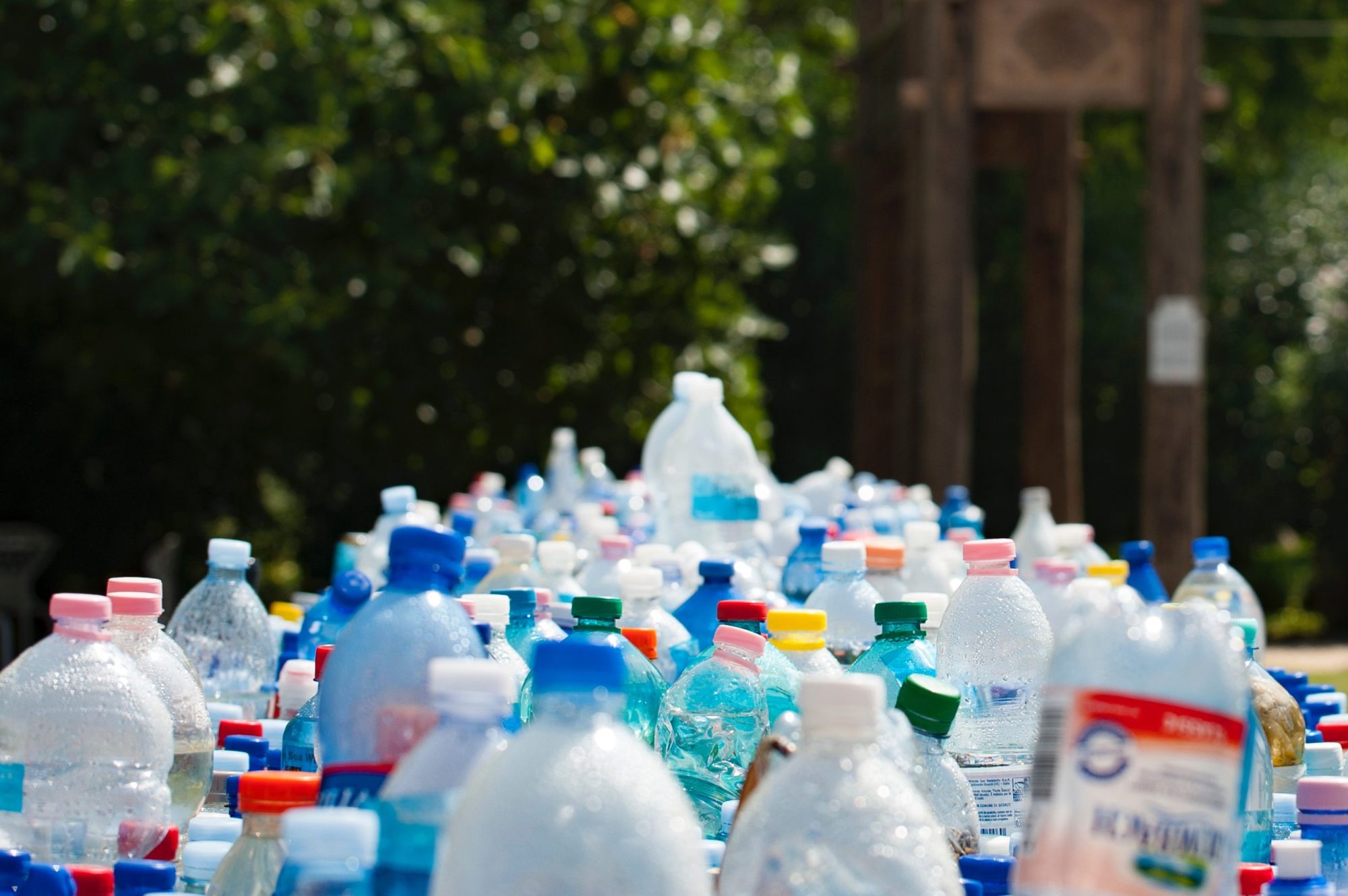
Will the UK Ever Stop Exporting Plastic Waste?
Much of the plastic that the British government claims is being recycled is in fact being sent overseas, usually to countries that don’t have the systems in place to carry out recycling on such a large scale. For example, in 2020, the UK exported over 688,000 tonnes of discarded plastic packaging, while only 486,000 tonnes was kept and recycled in the UK.
Since China’s ban on the import of a variety of different types of plastic in 2017, Turkey has become one of the key receivers of British plastic waste. In 2020, we exported nearly 210,000 tonnes of plastic to Turkey, which amounts to around a third of all the waste that we exported that year.

Why is the UK exporting so much plastic?
The main reason why we’re exporting so much of the plastic waste that we generate here in the UK is because we’re simply not capable of recycling all of it. Exporting the majority of the plastic that we produce alleviates a great deal of the strain and makes it easier to hit our testing recycling targets.
What happens to the waste once it’s been exported?
Unfortunately, given that many of the countries that we’re sending waste to do don’t have the infrastructure to properly recycle it, much of the waste we export is simply being incinerated. For example, an investigation by Greenpeace in Turkey found that plastic waste from retailers such as Tesco, Asda, Co-op, Aldi and Sainsbury’s had been dumped or incinerated. Given that Turkey has a recycling rate of around 12%, this shouldn’t come as much of a surprise.
What needs to be done in order to stop this exportation?
First and foremost, there needs to be a ban on the exportation of plastic waste, and this is exactly what a group of cross-party MPs called for in November 2022. The MPs are urging that the ban should be implemented by 2027, giving us five years to get our act together. The report also included a further goal, namely that all of the plastic waste that we generate should be recycled, reused or composted by 2042.
One of the ways that we might be able to limit the amount of plastic that we create or import in the first place is through the Plastic Packaging Tax. This new piece of legislation ensures that those who manufacture or import plastic products that contain less than 30% recycled plastic pay tax on it. Ultimately, this will force manufacturers and other businesses to find more sustainable ways to produce their goods.
How likely is it that the UK will stop exporting plastic by 2027?
At the moment, it’s unclear as to whether the ban will go through. The initial report urged that the government should put a roadmap in place by March 2023 to demonstrate how they aim to stop the exportation of plastic waste, so we will have to wait and see how this pans out.
Brown Recycling is a leading waste management company in Stoke-on-Trent. We’re experts when it comes to plastic recycling, so if you have any questions on the subject, we would be happy to answer them. All you have to do is give us a call.
This website uses cookies to enhance your browsing experience and deliver personalised ads. By clicking “Accept All Cookies”, you agree to the storing of cookies on your device to enhance site navigation, analyse site usage, and assist in our marketing efforts.

